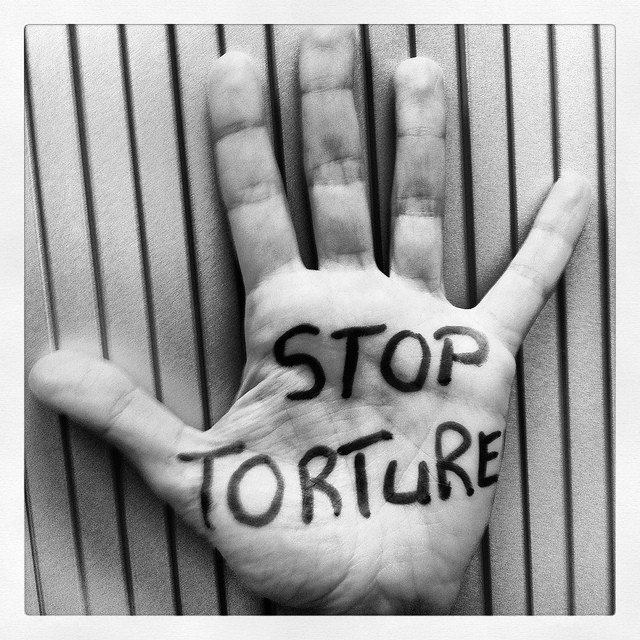
INTERNATIONAL DAY IN SUPPORT OF VICTIMS OF TORTURE: STOP TOLERANCE OF STATE VIOLENCE
25/06/2022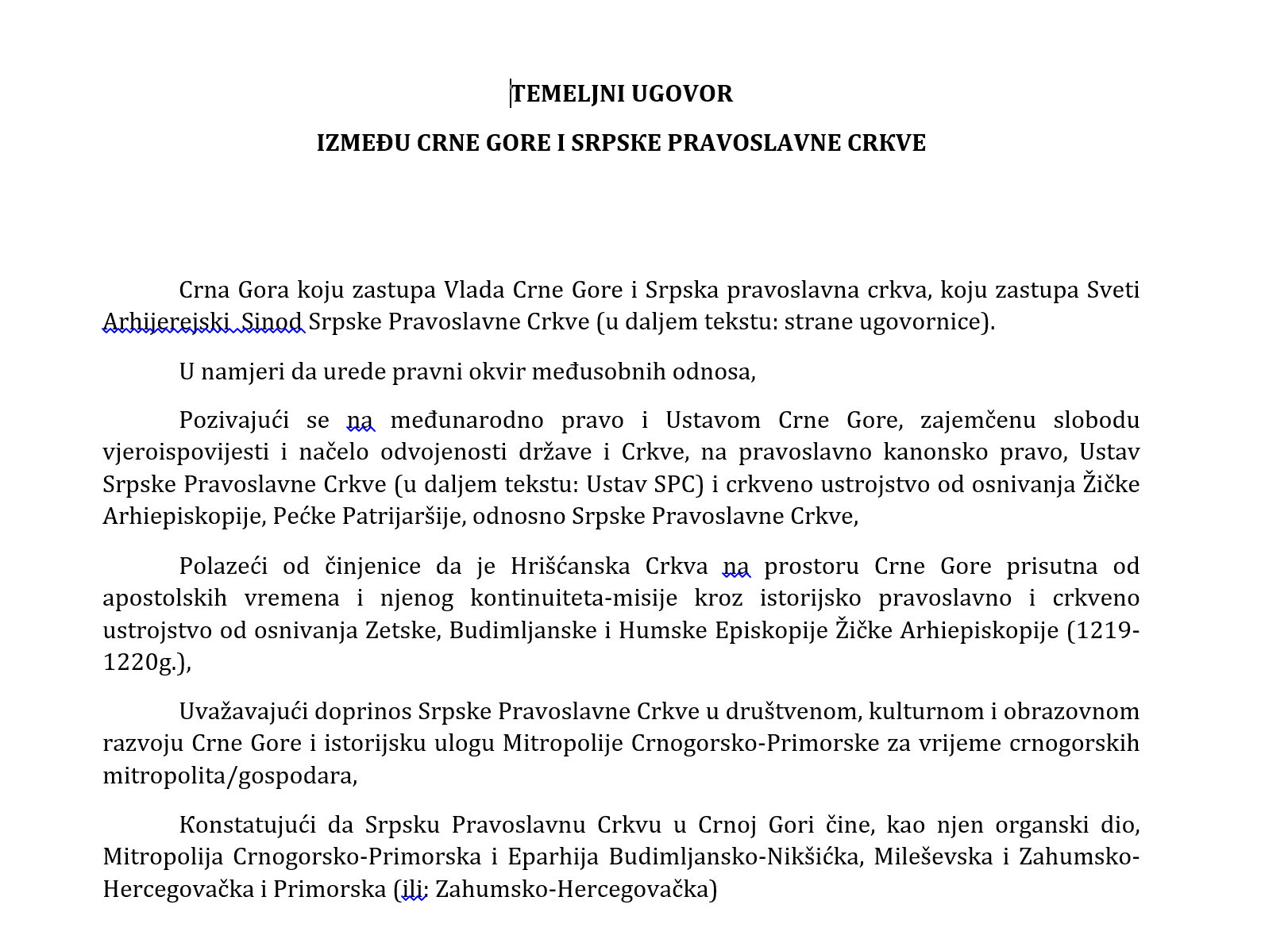
Harmonize the Agreement between Montenegro and the Serbian Orthodox Church with positive law and the civil character of the state
06/07/2022JUSTICE ELUSIVE AFTER 30 YEARS FOR KLAPUH FAMILY
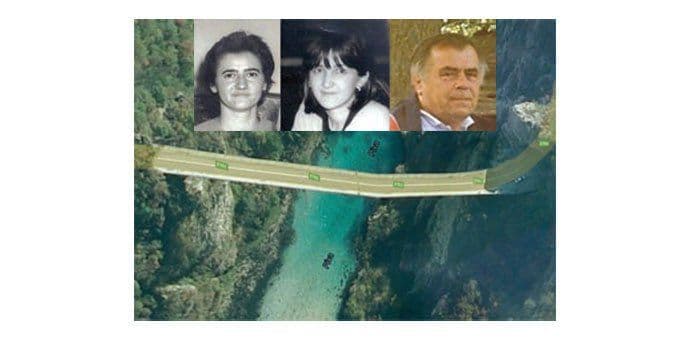
(Fotografija preuzeta sa portala Ljubušaci)
Today marks 30 years since the war crime was committed against the Klapuh family, on the territory of Montenegro by members of the Republic of Srpska Military (VRS). It has been the first adjudicated war crime in Montenegro, for which only one of the five convicted men ever served the sentence. In order to bring to justice the remaining three, who are still alive, the Republic of Serbia and Bosnia and Herzegovina should cooperate with Montenegro.
Serbia has been ignoring Montenegro’s request for the extradition of Zoran Vuković for more than six years, while Bosnia and Herzegovina’s final legal position towards Radomir Kovač and Zoran Simović is not yet known.
Hasan, Ferida, and Sena Klapuh were killed in Plužine, on 6th July 1992 by five members of the “Dragan Nikolić” detachment of the Republic of Srpska Military (VRS), who were convicted in Montenegro for that horrifying murder, qualified as a war crime against the civilian population back in 1996.
Most of the perpetrators to this day, 30 years following the execution of this war crime, have not served a single day of their sentences. The Republic of Serbia failed to extradite one of them, Zoran Vuković, to Montenegro for six and a half years, while Radomir Kovač and Zoran Simović, who, like Vuković, were sentenced to 20 years in prison for the same crime by the Montenegrin court, are most likely in Bosnia and Herzegovina (BiH).
The High Court in Podgorica in its final judgment in 1996, convicted Janko Janjić, Radomir Kovač, Zoran Simović, and Zoran Vuković as direct perpetrators of war crimes committed in the 1990s in the territory of the former Yugoslavia. Their associate from Montenegro, Vidoje Golubović, was given a sentence of eight months in jail due to failure to report a criminal act and perpetrators. Only Golubović attended the trial and served his sentence, while the others had been tried in absentia.
The final judgment established that on the 6th of July 1992 the VRS soldiers took money from the Klapuh family to drive them from Foča to Montenegro. When they arrived near the Mratinje dam, on the Piva river, they stopped at the bridge, brought the father, mother, and daughter out of the vehicle, shot them, and pushed them down the cliff.
Convicted Vidoje Golubović testified: I got out of the car and, on Janjić’s order, sprinkled sand on the traces of blood originating from Hasan and Ferida. The daughter Sena was screaming and begging not to be killed and headed towards the dam through the tunnel. Zoran Simović and Zoran Vuković followed her there … a shot was heard in the tunnel.
Convicted Zoran Vuković was arrested in Serbia on 25 December 2015 at the Kotroman border crossing, on the basis of an international arrest warrant issued on him by Montenegro. His extradition was requested in January 2016 by Montenegro. In March of the same year, the High Court in Belgrade determined that all conditions for extradition were met. However, the Ministers of Justice of the Republic of Serbia did not issue a decision on Vuković’s extradition over six years, even after two urgencies by the Ministry of Justice of Montenegro and contrary to the bilateral extradition agreement between the Republic of Serbia and Montenegro, according to which Serbia had to decide “as soon as possible” upon Montenegro’s request and to inform it about it.
Human Rights Action (HRA), after two urgencies and a complaint to the Commissioner for Information of Public Importance and Personal Data Protection of the Republic of Serbia, received a response from the Ministry of Justice of the RS in November 2020 that the extradition procedure is “still in progress”. HRA asked the Minister of Justice of the Republic of Serbia, Maja Popović, on four occasions – in February, June, and October 2021, and at the beginning of July 2022 – for answers as to why the extradition procedure is taking more than six years, although the court confirmed that all conditions have been met, but we have not received a response. If Vuković were extradited, he would have the right to have his trial repeated, because he was convicted in absentia (Article 431 of the CPC of Montenegro).
He certainly had to be released from extradition detention by the end of 2016, because according to the Law on International Legal Assistance in Criminal Matters of the Republic of Serbia, that type of detention can last for a maximum of one year. We don’t know where he is now.
The second convict, Radomir Kovač, has been free since July of 2013 when he was released from serving a prison sentence brought by the ICTY for war crimes in Foča. He returned to BiH, in Foča. Montenegro first issued a national arrest warrant for him in April 2014, and then an international arrest warrant in February 2015. The HRA was informed by the former Minister of Justice, Human and Minority Rights, Vladimir Leposavić, in February 2021 that the Ministry of Justice of Montenegro only in December sent a request to the Ministry of Justice of BiH asking BiH to take over the serving of the prison sentence for Kovač.
However, in April 2021, the Court of BiH refused to execute the judgment concerning him, because the bilateral Agreement on the Mutual Enforcement of Court Decisions in Criminal Matters between BiH and Montenegro stipulates that enforcement will not be undertaken when the court decision (the enforcement of which is requested) was made in the absence of the convicted person.
Recently, in a letter to the new Minister of Justice, Marko Kovač, HRA proposed to the minister to transfer criminal prosecution of the convicted perpetrators of this crime to BiH, to prevent them from enjoying impunity for the committed war crime.
In relation to the third convict, Zoran Simović, Montenegro also issued an international arrest warrant. The Police Administration of Montenegro has determined that he had a registered residence in BiH but declared unknown his current location.
The fourth convict, Janko Janjić, known as “Tuta”, committed suicide in 2000 when SFOR attempted to arrest him based on the ICTY’s arrest warrant.
The Klapuh case shows that the issue of transitional justice for victims of war crimes is an issue that transcends the borders of one country and that international cooperation is necessary to bring the perpetrators of war crimes into the territory of the former Yugoslavia to justice. We expect the Government of Montenegro to insist that Serbia provide an answer why is she preventing the extradition of Zoran Vuković, who has been convicted of war crimes against the Klapuh family, for six and a half years. We also expect the Ministry of Justice of Montenegro to take new steps toward Bosnia and Herzegovina, to ensure that both Radomir Kovač and Zoran Simović are found and brought to justice.
Human Rights Action, together with the Center for Women’s and Peace Education ANIMA, on the occasion of the National Day on July 14, will lay flowers on the Obrad Cicmil bridge in Plužine and pay tribute to the victims, on the course of visiting of war crimes sites.
In 2021, the HRA published “Against Oblivion”, a publication collecting testimonies of witnesses in war crimes trials. In it, you can also read the testimonies of witnesses to the crime against the Klapuh family.


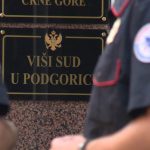
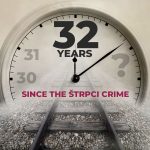
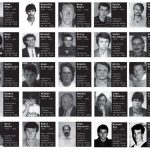
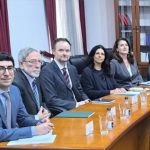
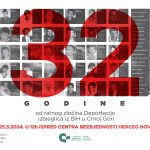
 English
English